The reopening ceremony of the Chinese Embassy in Nauru took place on Monday local time during which representatives from both the Chinese and Nauru governments jointly unveiled the plaque for the new facility, opening a new chapter for the bilateral relations between China and the South Pacific Island country.
The reopening of the embassy is an important step in implementing the requirements of the Joint Communiqué on the Resumption of Diplomatic Relations between the People's Republic of China and the Republic of Nauru, Wang Xuguang, head of a diplomatic team responsible for reestablishing the Chinese embassy in Nauru, was quoted as saying in media reports on Monday. The communiqué was signed in Beijing on Wednesday.
Also on Monday, a Chinese national flag-raising ceremony was held in Nauru by the Chinese diplomatic team, marking the first time in nearly 19 years that the five-star red flag has been raised in the Pacific island country.
China and Nauru are naturally complementary and have great potential in bilateral cooperation, Wang told reporters.
"I am confident of the future cooperation between the two countries in various fields," Wang said.
Nauru and China have not only resumed diplomatic relations, but will also carry out more development and cooperation, covering infrastructure, health care, education and other fields, Nauru's minister for foreign affairs and trade Lionel Aingimea was quoted as saying in a report by CGTN on Monday.
In about one week after Nauru's announcement to sever "diplomatic relations" with China's Taiwan region, China and Nauru officially resumed diplomatic relations on Wednesday in Beijing, which also once again proves that the one-China principle is the widely accepted consensus and fundamental norm in international relations, representing the direction of people's will and the irresistible trend of the times.
China and Nauru are economically complementary, for example, the total trade volume between China and Nauru reached over $5.9 million in 2023, according to media reports, citing the data from the General Administration of Customs of China.
"Not only does Nauru have abundant phosphate mining resources, it has also advantages in fishery, agriculture and tourism, which will also be key sectors for bilateral cooperation with China," Chen Hong, director of the Australian Studies Center of East China Normal University, told the Global Times on Monday.
In response to climate change, Nauru needs China's experiences in enhancing its capabilities in tackling natural disasters and further improving its infrastructure, and under the Belt and Road cooperation, the two sides could explore more opportunities in infrastructure sector, Chen said.
Also, the healthcare cooperation is part of major cooperation between China and Pacific island countries (PICs). For PICs, China has provided economic and technical assistance without any political strings attached, implemented more than 100 aid projects, delivered more than 200 batches of in-kind assistance, and trained about 10,000 talents in various fields. China has dispatched 600 medical staff to PICs, benefiting more than 260,000 local residents, according to the statistics released by the Chinese Foreign Ministry in 2022.
"We believe that more Nauru students will profit from the healthcare education and scholarship with China to learn more knowledge, which will be conducive for the local governance," Chen said.








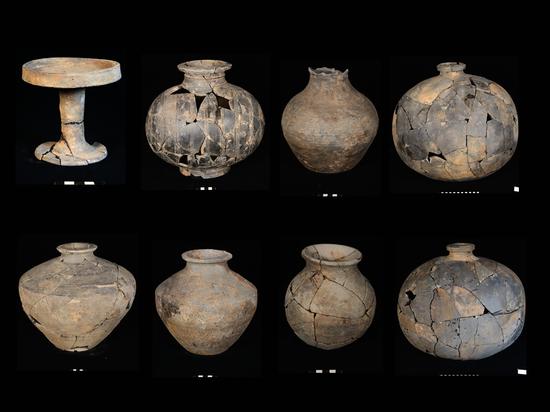

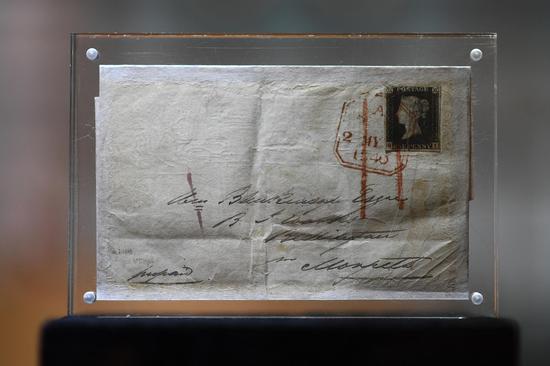




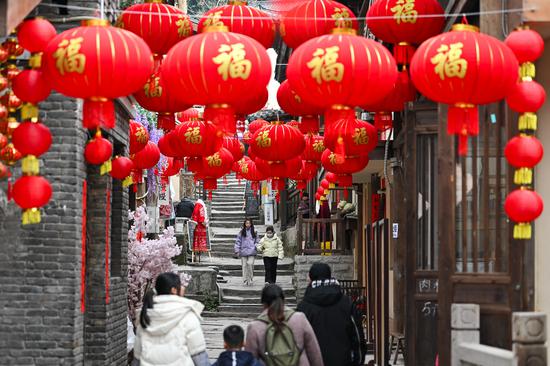

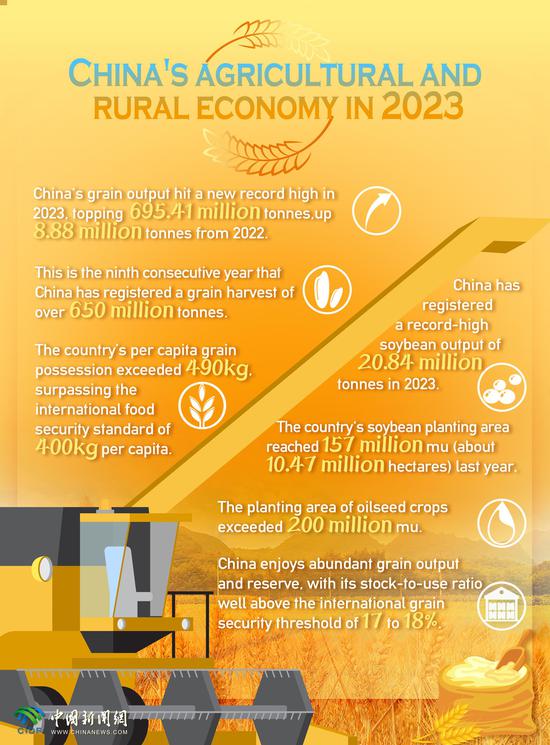

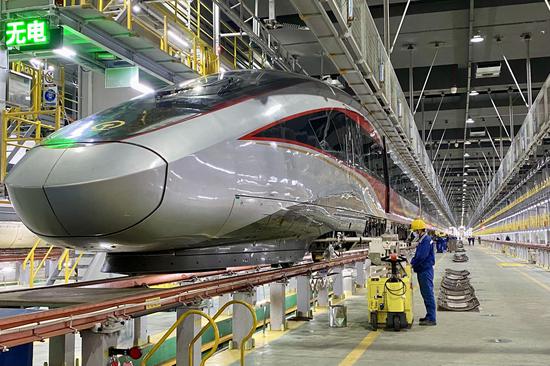



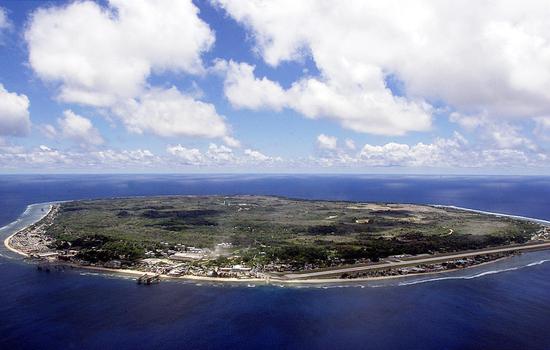


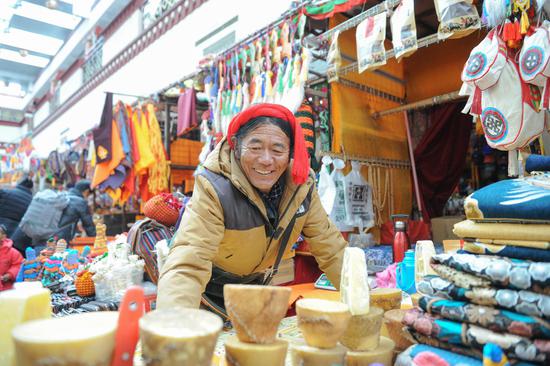
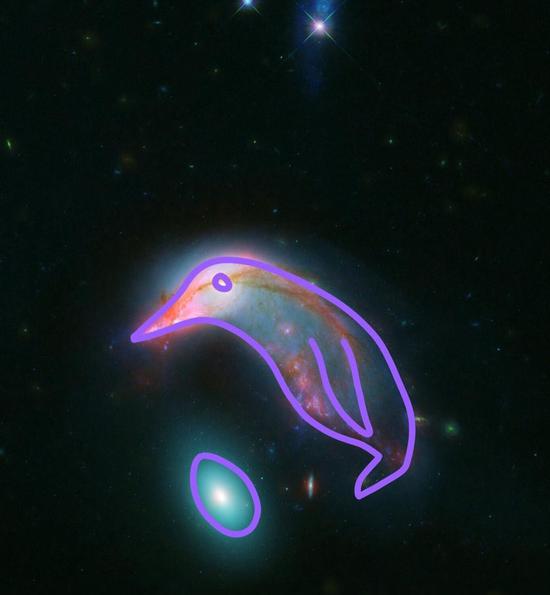
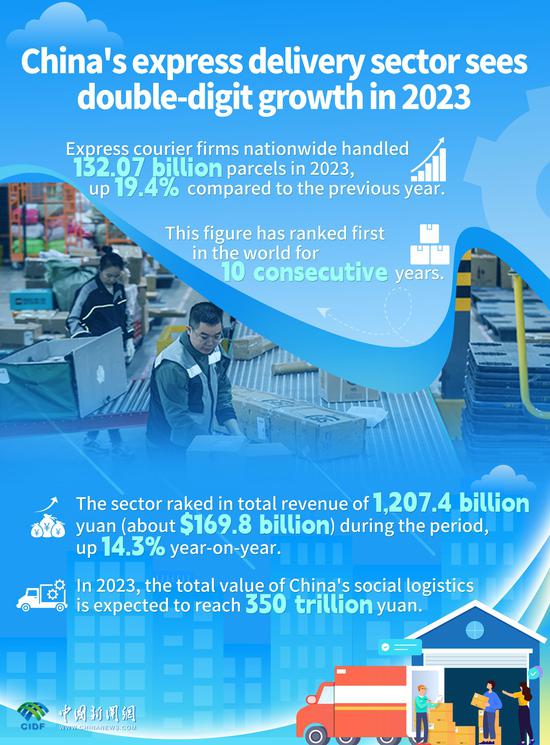
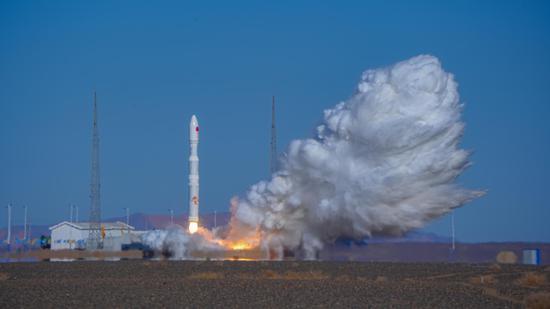



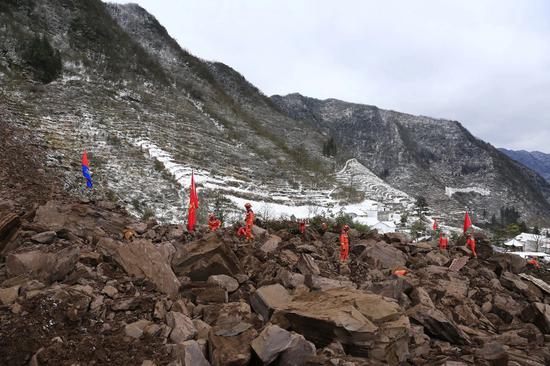

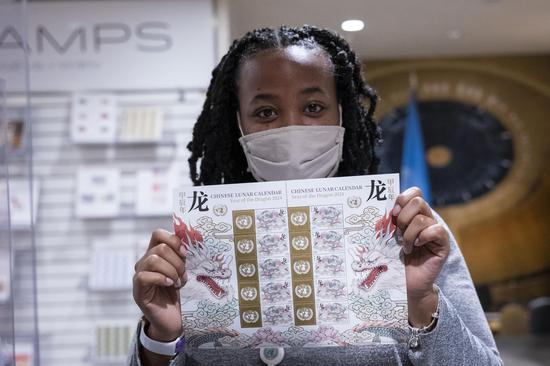



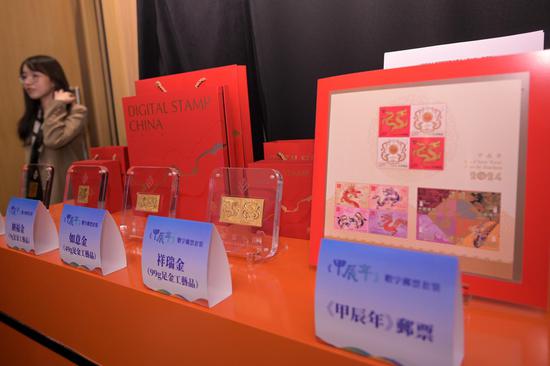
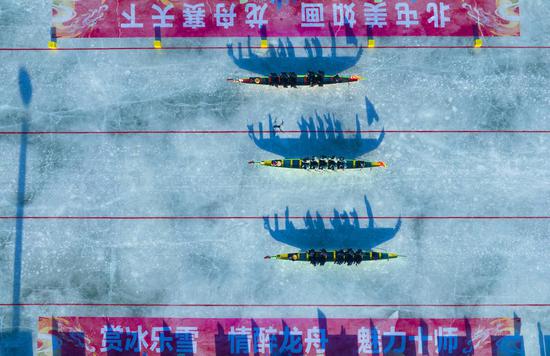


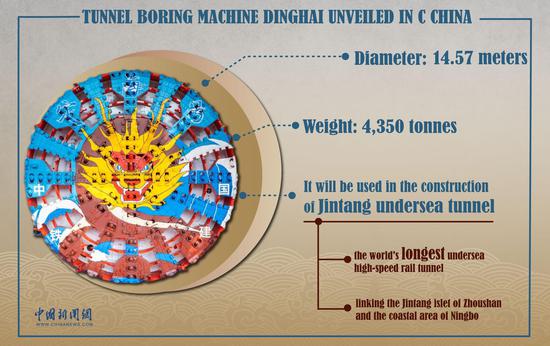
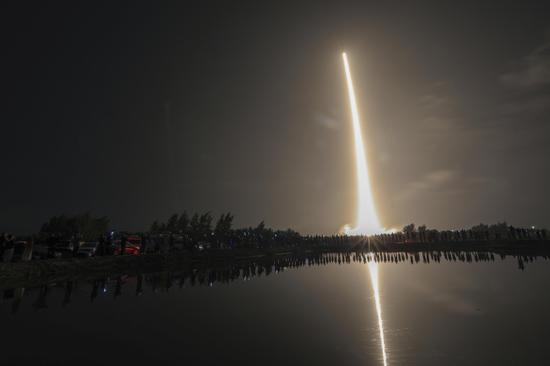





 京公网安备 11010202009201号
京公网安备 11010202009201号